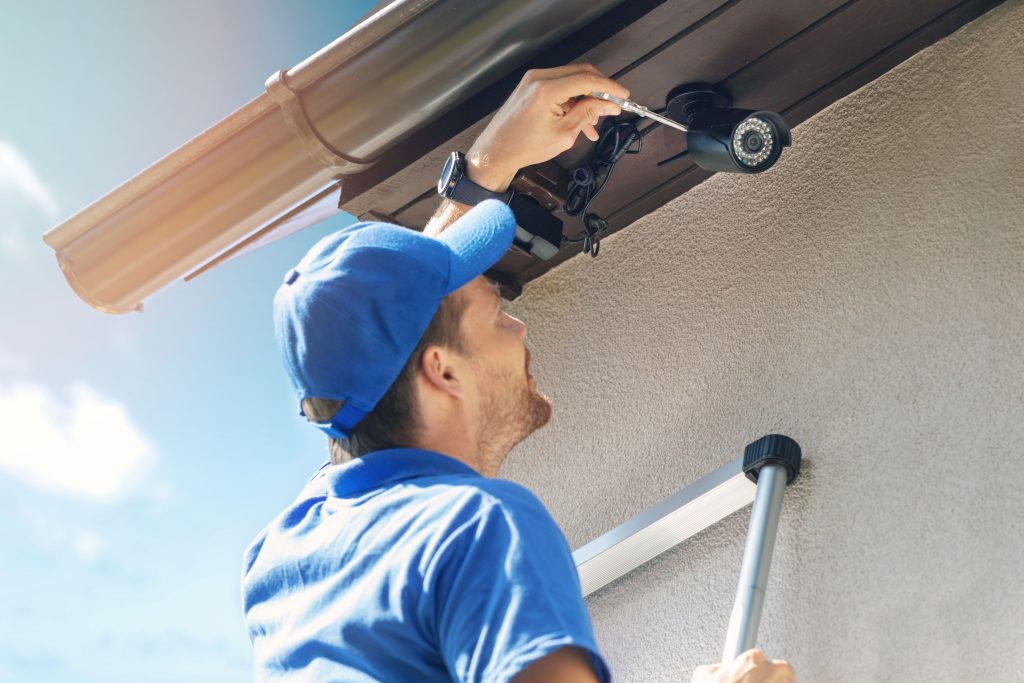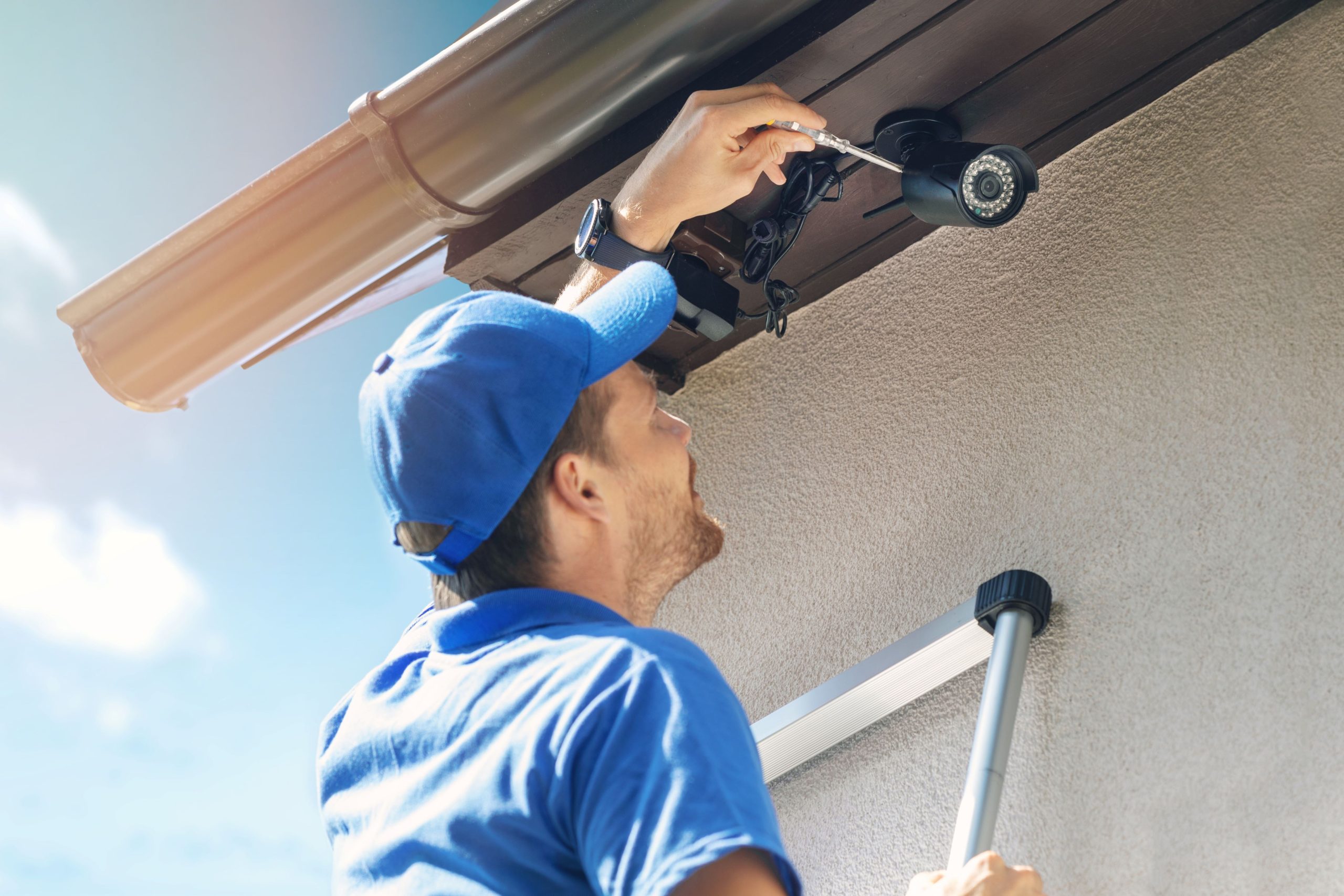
Take a look at these smart and handy tips to keep yourself and your property safe.
September is Realtor® Safety Month and keeping a home safe takes the work of everyone. Here are some things your Agent would like you to keep in mind to protect both your person and your property as compiled from tips from the National Association of Realtors®.
The Basics for Your Home
- The key to home safety starts with…keys! Know the location of all your house keys at all times, and reconsider lending them out to friends and neighbors, no matter how trustworthy. Never use hide-a-keys or leave the key under the doormat, above the door, in a flowerpot, or anywhere outside the house. Thieves have seen it all and you aren’t as original in your hiding spots as you think you are.
- Keep your car keys and house keys on a different ring if you ever use valet parking or leave your keys with parking lot attendants or even at the mechanic.
- Make sure your home has adequate outdoor lighting and basic threat deterrence devices like a camera doorbell or security system.
- Make sure that all your home’s doors to the outside are metal or solid, 1 ¾” hardwood, and have good, sturdy locks.
- Maintain your property and surroundings in every season, and don’t neglect issues like peeling trim or an overgrown yard. If a home looks unkempt, thieves may think it’s abandoned and an easy target. Shoveling your walkways to clear them of snow and debris and removing holiday decorations and fallen tree branches in a timely manner will signal that the home is occupied.
- For more serious deterrence, install motion-detection devices and an external alarm system – the louder the better – that will call attention to a break-in.
- If you have a garage, make sure you keep up with maintenance
Keeping Financial & Techno Criminals at Bay
- Open your credit card bills and bank statements right away. Check for any unauthorized charges or withdrawals and report them immediately. Call if bills don’t arrive on time. It may mean that someone has changed contact information to hide fraudulent charges.
- Thoroughly shred all papers with personal information before you throw them away. Shred unwanted credit card applications and “convenience checks” that come in the mail, credit card receipts with your account number, outdated financial papers and papers containing other’ personal information.
- Before you act on an email request, check the Federal Trade Commission’s website for tips to avoid scams and how to report them.
- Don’t respond to emails requesting personal or private information such as passwords, credit card numbers, or bank account numbers. Even if a message appears to be from your bank or a trusted vendor, credible companies never request private information this way.
- Be sure that you don’t click on error messages that state “your computer has been infected with a virus” or “Trojan found”, warning that something is wrong with your computer and to download their protection service. These malware attacks are designed to download viruses and steal or lock your information.
- Block identity theft by contacting any of the three consumer reporting companies— Equifax®, Experian and TransUnion®—to place a freeze on your credit report. This puts you in control of who can access the details of your account to grant new credit, a good alert if someone is trying to open an account in your name.
- If you suspect your account has been compromised, you should alert credit bureaus, card companies, and other creditors to place a fraud alert on your account to monitor suspicious activity.
Did You Just Move Into a New Place?
- Have the locks changed when you move in. For apartment and condo dwellers, the building’s maintenance crew may be able to swap lock cylinders for you.
- Just bought a new entertainment system? A bunch of empty boxes out by the curb triggers an alarm to would-be thieves. Instead of putting boxes out in plain sight, cut them down, and stuff them in trash bags.
- Another tip for those living in multi-unit properties: use only your last name, or if necessary last name and first initial, on your door or mailbox. This keeps strangers from knowing your gender or how many people live in your apartment.
If Your Home Is Currently Listed
- DON’T leave personal information like mail or bills out in the open where anyone can see it.
- Consider installing an external mailbox with a lock so that mail delivery is secured, rather than a mail slot in your door where people entering the home could view or steal important mail.
- Be sure to log out of computers, laptops, and other electronics that require a login and password, as well as securing other expensive, easy-to-pocket electronics.
- Same goes for jewelry, medication, and other valuables. Keep them in a secured location or remove them from the home while the property is listed.
- Inform neighbors when open houses are happening, and ask them to be aware of anything that seems out of the ordinary, such as people walking around the property looking for access points.
- When you return home after a showing or an open house, take a few minutes to check if anything seems out of place. Doublecheck that windows and door locks are secure, that nothing has gone missing, or that anything has been left behind.
- Most importantly, remember Stranger Danger! Not all agents, buyers, and sellers are who they say they are and if someone comes to your home outside of a scheduled showing time, do not allow them to access your property. Instead, give them your Agent’s card and tell them to reach out directly.
Awareness, prevention, and maintenance go a long way to keeping you safe in your home. Reach out to your Trusted Advisor at McEnearney Associates | Middleburg Real Estate | Atoka Properties for more tips and advice and make home safety a natural part of your daily routine.
Take a look at our website for all of our listings available throughout Washington, DC, Maryland, Virginia, and West Virginia.
Don’t miss a post! Get the latest local guides and neighborhood news straight to your inbox!

 Facebook
Facebook
 X
X
 Pinterest
Pinterest
 Copy Link
Copy Link






